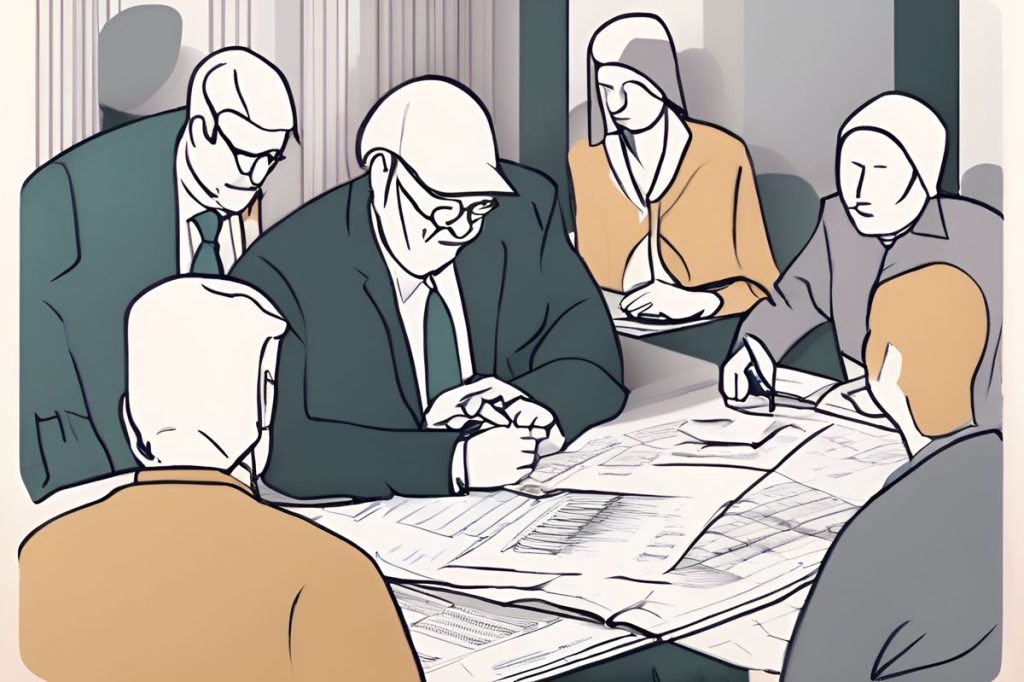The PEO union is advocating for a windfall tax on banks and renewable energy companies to mitigate the impact of upcoming green taxes on fuel, water, and hotel accommodations, ensuring a fairer economic burden on society. This proposal aims to support vulnerable groups through social policies while addressing the concerns of rising living expenses and potential adverse effects of green taxation.
What is the PEO union’s proposal regarding taxation amid economic and green taxation concerns?
The PEO union proposes implementing a windfall tax on banks and renewable energy companies to support social policies for vulnerable groups. This measure would counterbalance the strain from upcoming green taxes on fuel, water, and hotel accommodations, ensuring a fairer economic impact on society.
The Call for Strategic Taxation
Amidst the rising cost of living and the looming introduction of green taxes, the PEO union has put forth a strong case for the state to levy a tax on the windfall profits of banks and renewable energy (RES) companies. The rationale behind this move is to generate funds necessary for supporting an integrated social policy. This approach aims at providing a robust social safety net that benefits the vulnerable groups, pensioners, and employers who are likely to be the hardest hit as living expenses soar.
Taxation on windfall profits has been a topic of debate, particularly in times of economic recovery or when unexpected profits arise due to external factors. The union’s proposal underscores the urgency to mitigate the socioeconomic impacts of the current economic environment.
The Implications of Green Taxes
The government’s commitment to initiate green taxes in the first half of 2024 coincides with the financial strain felt across significant sections of society. These taxes, intended to be levied on fuel, water, and hotel accommodations, have the potential to further strain household budgets, particularly within the energy sector. The PEO’s stance reflects a concern that such green taxes, although potentially beneficial for the environment, could have adverse effects on the economy, especially if they are not balanced with measures to alleviate the burden on the affected parties.
The outgoing Anastasiades government had previously linked the introduction of green taxation with the disbursement of the EU’s recovery and resilience funds (RRF). However, PEO has highlighted the lack of detailed public communication regarding the specifics of these taxes. Without clarity on the criteria and calculations behind these proposed taxes, which include a 5 per cent tax on fuel and a tourist tax of €2.50 per person per night, the union fears that the policy may not achieve its intended outcomes.
Financial Expertise and Assurance
A team of financial experts from the University of Cyprus was commissioned to conduct a computer modelling exercise to explore the potential impact of these new taxes. The exercise led to the proposed tax rates mentioned earlier, among other recommendations. Finance Minister Makis Keravnos has assured that the green transition and integrated tax reform would be fiscally neutral, but the PEO disputes the vagueness of the compensatory measures for households and businesses that have been hinted at but not elaborated upon.
The government is urged to display the necessary political resolve to tax windfall profits from banks and RES companies. PEO argues that without this revenue, the standard of living for many could deteriorate further.
Addressing Economic and Social Challenges
PEO has not only criticized the current fiscal strategies, such as the short-term policy of issuing one-off payments and subsidies but has also put forward several suggestions for bolstering social and economic stability. These recommendations include providing low-income pensioners with reduced electricity tariffs, reducing lending rates, combating profiteering, elevating the guaranteed minimum income (GMI), and offering more substantial subsidies for electric vehicles to lower and middle-income households. Additionally, the union calls for significant improvements to the public transportation system, which could serve as an environmentally friendly and cost-effective mobility solution.
What is the PEO union’s proposal regarding taxation amid economic and green taxation concerns?
The PEO union proposes implementing a windfall tax on banks and renewable energy companies to support social policies for vulnerable groups. This measure would counterbalance the strain from upcoming green taxes on fuel, water, and hotel accommodations, ensuring a fairer economic impact on society.
Why is the PEO advocating for a windfall tax on banks and renewable energy companies?
The PEO is advocating for a windfall tax to mitigate the impact of upcoming green taxes on society, especially vulnerable groups, pensioners, and employers who may be disproportionately affected by rising living expenses. The aim is to ensure a fair distribution of economic burden and support social policies through generated funds.
How does the PEO view the introduction of green taxes on fuel, water, and hotel accommodations?
The PEO is concerned about the potential adverse effects of green taxes, particularly on the economy, if they are not balanced with measures to alleviate the burden on affected parties. The union highlights the need for clear communication and detailed criteria behind these proposed taxes to ensure they achieve their intended outcomes without causing undue strain.
What measures does the PEO suggest beyond windfall taxation to address economic and social challenges?
In addition to advocating for windfall taxation, the PEO has put forth recommendations such as providing reduced electricity tariffs for low-income pensioners, lowering lending rates, combatting profiteering, elevating the guaranteed minimum income, offering subsidies for electric vehicles to lower and middle-income households, and improving the public transportation system as a cost-effective and environmentally friendly mobility solution.

